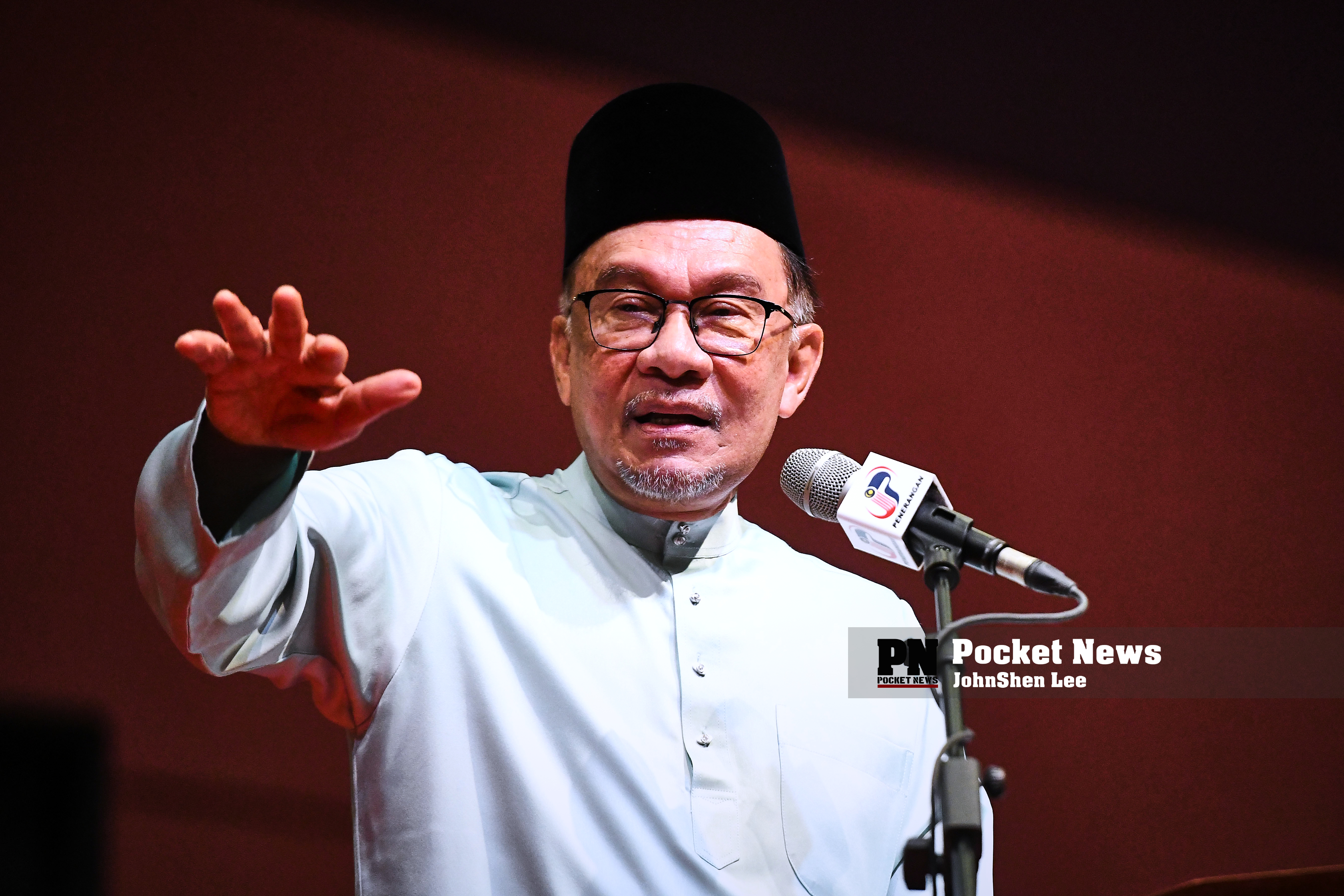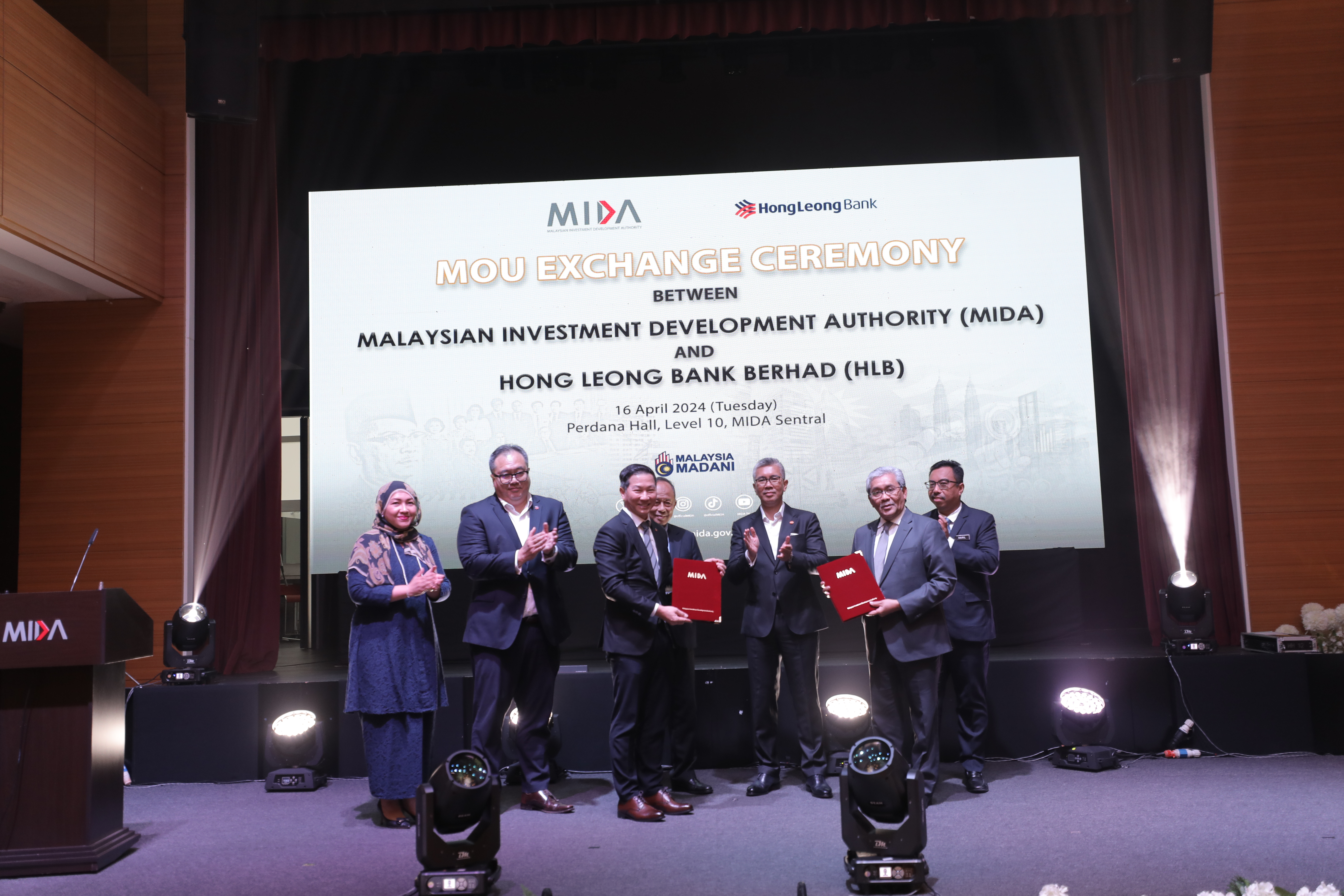
KUALA LUMPUR, Nov 21 – Question: How do you see the outcome of Umno’s transformation to expand the party’s internal voting base?Answer: Alhamdulillah, the ones who will ensure the survival of the party are grassroots members, and holding on to the pillars of the party constitution. (To that end), we have increased the number of delegates determining the top leadership from 1,500 to 150,000 (members).
This is a 6,000 per cent increase. We also put aside quotas and gave the party wings more freedom. If we are not more open or inclusive, (or do not) listen to the voices of the grassroots and empower them, in the end, Umno will not be in line with a world that demands change and improvement. Umno must be sensitive to their grouses and demands.
Otherwise, Umno becomes irrelevant, thus, making it hard for the public to relate and support the party. But Alhamdulillah, even though we are faced with challenges as well as political, racial, religious and personal attacks, our struggles continue till this day.
Question: Will all the motions submitted be taken into consideration by the leadership to improve the government’s administration or, at least, the party’s political trajectory? Answer: This time, we will review the motions submitted in greater detail, and we will extend these motions to ministers or their representatives. This has been done previously, but this time, we will ensure that it is more coordinated. Just recently, we had a meeting to discuss the motions.
Even before that, we have held discussions with ministry representatives to provide updates to the leaders at the division and supreme council levels. Secondly, we will be more proactive and establish a structure where there can be a clear two-way communication between headquarters and the leadership. We are a party that is democratic and open to transformation.
No other political party in the country could successfully expand its internal voting base to determine the leadership and the president, who is also the prime minister. That is a change made based on inclusivity and democracy.
Question: Several sensitive issues might be highlighted during the assembly. For example, matters surrounding vernacular schools and the Sedition Act. What measures have Umno taken to ensure that debates or speeches do not turn inflammatory? Answer: We will address these matters wisely, by putting aside our emotions.
We have to see that it is discussed openly, rationally and involve those who are experts in the field. (On the matter of) the Sedition Act, for example, the worry is that if the act is repealed, it would affect the core struggles of Umno, which are the special rights of Malays, Islam and the monarchy. That has been enshrined in Article 153 of the Federal Constitution and we will not compromise on that.
As such, whatever we decide to do with the act, we will ensure that it strengthens our struggles. As for the (issue of) single-stream schools, the most important thing is for us to address and ensure unity. Component parties must also support this. It is not a zero-sum game. There has been no minister or prime minister since independence who has closed down a Chinese school.
In the context of building identity and strengthening the unity of our pluralistic society through education is not an easy task and we will not take it lightly. This is nothing new. The only thing different now is that information spreads in real time, through the Internet and social media.
And if this isn’t handled well, it could influence public sentiment, leading to the disintegration of unity, and by then, there would be no easy way to handle this. Every obstacle and challenge that Umno faced has matured us all and we will ensure that we remain relevant to prove to the public that we are consistent in our struggles.
Question: Still on vernacular schools. Maybe it is too late for delegates to debate the issue, since such institutions have existed for so long. Is it not better for them to focus on enhancing national schools if we are to foster unity among the people? Answer: That is already certain. National schools are where the majority of our children are and how we enhance (these schools) is an ongoing agenda. We have to adapt to change to improve ourselves.
For example, when I was the education minister, we had to ensure that computer labs were used despite many teachers not being computer-literate (then). But we had to do it, as it was part of our agenda to enhance our education system. Also, if Bahasa Malaysia, as the national language, is given better emphasis in national and vernacular schools, it will reflect on our efforts to foster unity. Integrating the education streams is related to empowering national schools.
Question: Some party veterans have asked for speakers to have more freedom , especially in providing constructive criticism. Does this means that Umno has never given space or a platform for members to do so? Answer: Umno has never stopped its members from voicing their opinions and from offering constructive criticism. When I was Umno Youth chief, I, too, was openly criticised.
There is no need for us to censor. However, if the criticism is merely to gain recognition or support in the two or three days during the assembly, then that is unfair. I do not agree with criticism solely to criticise or (to) undermine the leadership, but I cannot stop them from saying what they feel. Umno has never done that.
Question: The opposition, although riddled with internal issues, has always worked to shift the blame to Umno. How do you counter this? Answer: First, we need to make the public realise that many accusations and allegations thrown at Umno are not true. What we see happening in the opposition is even worse. In fact, its allegations of Umno practising corruption, abuse of power and nepotism can all be seen in the Selangor leadership crisis that happened not too long ago.
It is important for party members to realise that we should not be too defensive about what we debate and instead should alert the public that the alternative is worse off. A former menteri besar, not agreeing to his party leaders’ wishes (for him to step down), was expelled from his party. Isn’t that an abuse of power? In the end, Umno is seen as the bad guy.
This is the politics of demonisation that the opposition practise, and the younger generation are easily influenced by this. It is our responsibility to approach youths and ensure that we use and understand social media and address this. Not just by the top leadership, but at all levels of the party.
Question: How do you feel when many of the country’s youths have chosen to oppose Umno? Answer: I have not given up on them, but we have to embody and understand the various segments of youths… Those who are educated, working or unemployed, professionals, and youth from rural and urban areas. We cannot use only one formula to convince and persuade all of them.
A lot of the issues relating to their economic standing and the cost of living will be addressed through the motions during the assembly. We, through the government, try to understand what’s in their hearts. We cannot just generalise about them and we cannot make only Umno Youth or Puteri shoulder this responsibility.
Question: Can you comment on Tun Dr Mahathir Mohamad’s criticism against Selangor Umno and even Umno? Answer: Tun Dr Mahathir has never been stingy with his criticisms, but it has always been constructive. During his tenure as Umno president and prime minister, he, too, was not excluded from being criticised by many. But he took it with an open heart, and we should be able to do so as well.
Question: What kind of developments have taken place over the years at the assembly? How does that affect the country’s leadership? Answer: The maturity of the delegates during debates has improved, and I’ve seen this change (for some years now). Debates have been more serious and the speakers do not use the platform to shame or discredit leaders. This, hopefully, will continue if the top leadership takes into account the grouses of the grassroots.
There has been encouraging response. We’ve held roundtable discussions and meetings to forward the motions and ideas to ministers and their ministries. We now have a non-permanent seat in the United Nations Security Council, and have assumed the 2015 chairmanship of Asean. The public, including big powers in the world, perceive Malaysia’s leadership in high regard, and as such, we cannot take any risk that could tarnish and affect the country’s credibility. It is important now that Umno members take up this challenge and join hands for the sake of our children, race, religion and Malay rulers.




















